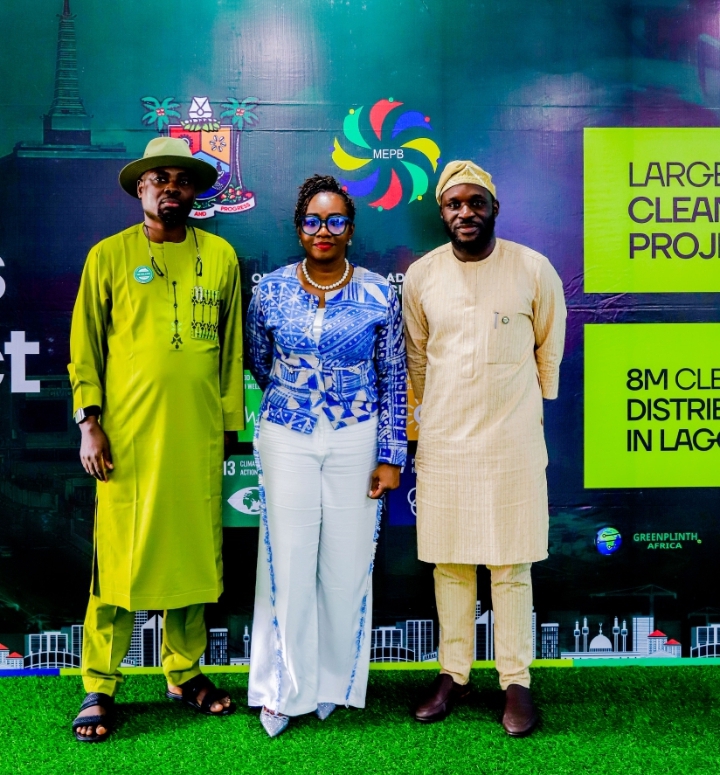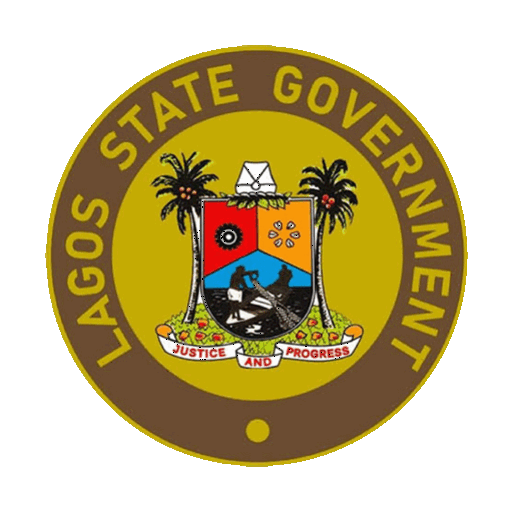
EcoNexus 2.0 Marks Lagos’ Next Leap in Circular Economy and Green Growth.
Lagos, June 24th, 2025
The Lagos State Government has reaffirmed its leadership in Africa’s green economy transition with the successful hosting of EcoNexus 2.0, a high-level climate innovation forum convened by the Office of Climate Change and Circular Economy (OCCE) at the J. Randle Centre, Onikan, Lagos Island.
In her opening address, the Special Adviser to the Governor on Climate Change and Circular Economy, Mrs. Titilayo Oshodi, emphasized the state’s commitment to a climate-smart economy anchored on inclusive growth and scalable innovation. “We are at a defining moment where climate responsibility must meet economic opportunity,” she stated. “Through initiatives like the 80 Million Clean Cookstoves, we are showing that clean energy access, job creation, and circular innovation can coexist, transforming lives while safeguarding the planet.”
Building on the momentum of the inaugural edition, EcoNexus 2.0 brought together policymakers, financial institutions, green entrepreneurs, and community actors to explore strategic pathways for clean energy adoption, green financing, and low-carbon development. Central to this year’s forum was the 80 Million Clean Cookstoves Initiative, a flagship programme driving health, environmental, and economic benefits particularly for women and underserved communities.
Delivering the keynote address titled “The Urgency of Now”, Dr. Tunde Lemo, Chairman of Lambeth Capital and former Deputy Governor of the Central Bank of Nigeria, called attention to Nigeria’s potential in the global carbon economy. He noted that PACM-compliant carbon credits could generate over $60 billion annually for the country. “This is not just climate action; this is smart economics,” he said, urging governments and the private sector to invest in the infrastructure required to unlock this value.
Also speaking on behalf of the Governor, the Special Adviser on Agriculture, Dr. Oluwarotimi Fashola highlighted how Lagos is aligning sustainability with inclusive development goals. He described the clean cookstove programme as “a national model that opens the door to green jobs and should be emulated across states.”
The event featured innovation showcases, panel discussions, and cross-sectoral dialogues spanning clean energy, waste, agriculture, and forestry. Topics included carbon credit development, green entrepreneurship, and grassroots resilience, all aimed at positioning Lagos as a hub for climate investment and collaboration.
EcoNexus is not just a conference, it is a strategic pillar in the Lagos State Government’s broader climate agenda. Alongside initiatives like Eco-Circulate and Leave No One Behind, it reflects a clear policy direction: to institutionalize sustainability as a driver of prosperity, resilience, and economic opportunity.
Closing the event, Mrs. Oshodi reiterated the urgency of the moment:
“We cannot afford to treat climate ambition as charity, it must be seen as investment. Lagos is not waiting for the future; we are building it, and EcoNexus is our blueprint for climate-driven prosperity.”


